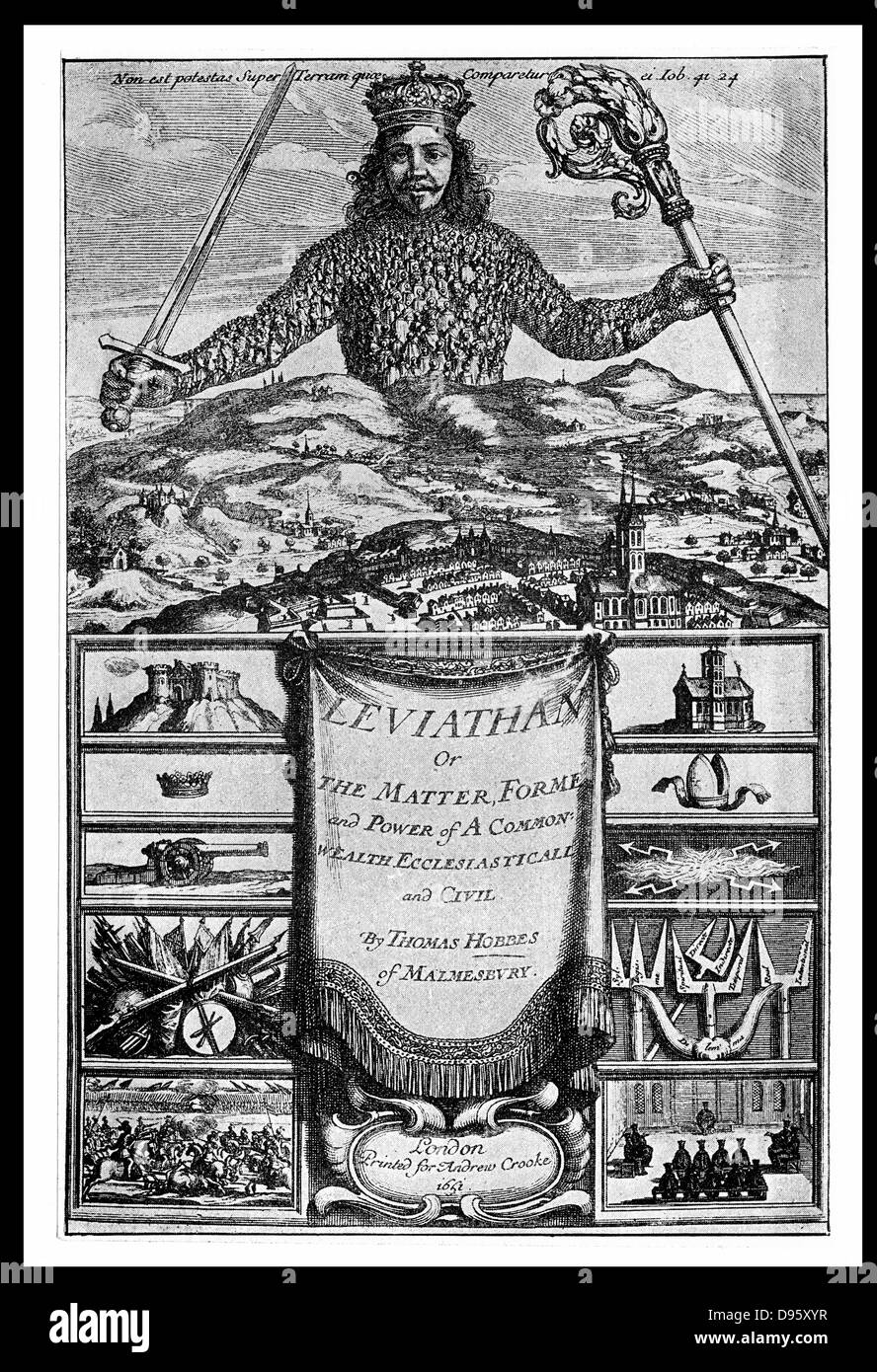

Status hominum naturalis antequam in societatem coiretur, bellum fuerit neque hoc simpliciter, sed bellum omnium in omnes. Later on, two slightly modified versions are presented in De Cive: I demonstrate, in the first place, that the state of men without civil society (which state we may properly call the state of nature) is nothing else but a mere war of all against all and in that war all men have equal right unto all things. ostendo primo conditionem hominum extra societatem civilem, quam conditionem appellare liceat statum naturæ, aliam non esse quam bellum omnium contra omnes atque in eo bello jus esse omnibus in omnia. In Leviathan itself, Hobbes speaks of 'warre of every one against every one', of 'a war of every man against every man' and of 'a perpetuall warre of every man against his neighbour', but the Latin phrase occurs in De Cive:

The common modern English usage is a war of " each against all" where war is rare and terms such as "competition" or "struggle" are more common. īellum omnium contra omnes, a Latin phrase meaning " the war of all against all", is the description that Thomas Hobbes gives to human existence in the state-of-nature thought experiment that he conducts in De Cive (1642) and Leviathan (1651). Taken from the revised edition printed in 1647 at Amsterdam ( apud L. The Præfatio (Preface) of De Cive where the phrase bellum omnium contra omnes appears for the first time.


 0 kommentar(er)
0 kommentar(er)
